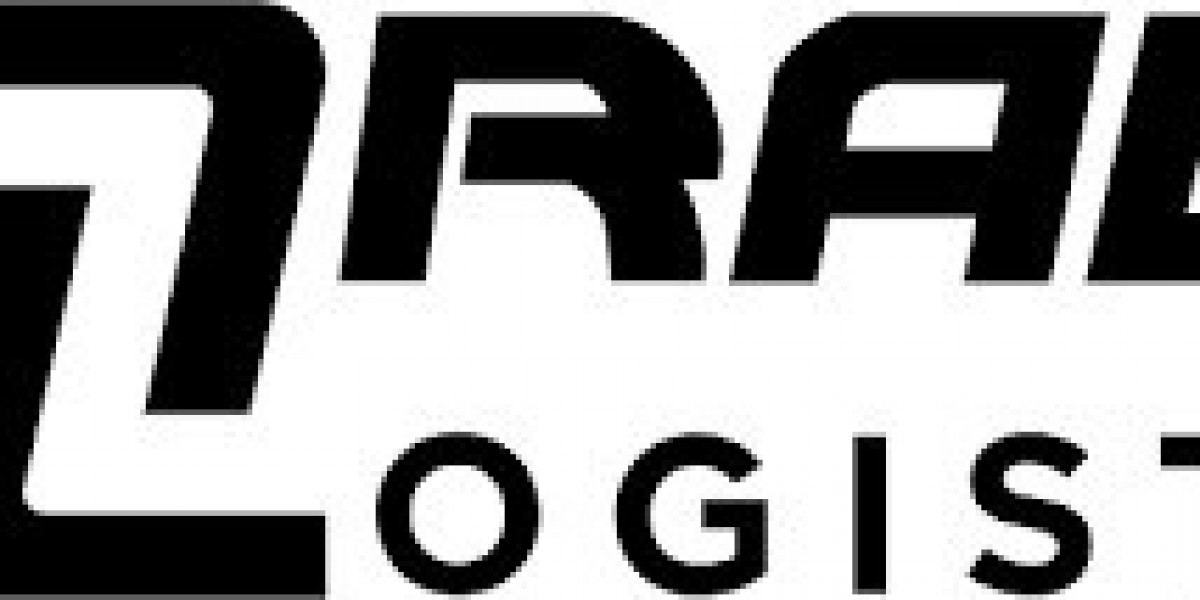Pharmaceutical logistics is a highly specialized segment of the supply chain industry that ensures the secure and timely transportation of medicines, vaccines, biologics, and other healthcare products. Unlike general cargo, pharmaceutical goods are temperature-sensitive, highly regulated, and often life-saving—making precision, quality, and compliance the cornerstones of this complex logistics domain.
What Is Pharmaceutical Logistics?
Pharmaceutical logistics refers to the planning, execution, and control of the movement and storage of pharmaceutical products. From raw materials to finished goods, this process includes:
Warehousing
Transportation (ground, air, and sea)
Cold chain management
Customs clearance
Regulatory compliance
This logistics category requires specialized infrastructure and deep knowledge of international pharmaceutical regulations, making it one of the most sophisticated logistics services in the world.
Why Is Pharmaceutical Logistics So Important?
The pharmaceutical industry supports global health, and Pharmaceutical Logistics any error in its logistics chain can result in spoiled products, patient harm, or massive financial loss. Key reasons for its importance include:
1. Temperature-Sensitive Goods
Many medicines, such as insulin or vaccines, must be stored between 2°C and 8°C throughout the supply chain. Even minor deviations can compromise product integrity. Pharmaceutical logistics ensures cold chain compliance from manufacturer to end-user.
2. Time-Critical Deliveries
Some drugs are required urgently, such as those needed for emergency treatments or disaster relief. Logistics providers must offer just-in-time delivery services that balance speed and safety.
3. Stringent Regulations
Pharmaceutical logistics must comply with Good Distribution Practice (GDP), FDA, EMA, and WHO regulations. Documentation, traceability, and proper handling procedures are essential at every stage.
4. Patient Safety
Ultimately, pharmaceutical logistics is about protecting patients. Any disruption, contamination, or delay in delivery can put lives at risk.
Key Components of Pharmaceutical Logistics
To meet the sector’s rigorous demands, logistics providers must integrate several specialized services:
1. Cold Chain Logistics
Cold chain refers to a temperature-controlled supply chain. It includes:
Refrigerated trucks and containers
Passive thermal packaging
Data loggers for temperature monitoring
Cold storage warehouses
2. Real-Time Monitoring
Using IoT and GPS technology, logistics companies monitor:
Temperature fluctuations
Humidity
Location
Shock and vibration
This allows for immediate action if conditions go out of range.
3. Regulatory Compliance
Providers must be familiar with global compliance frameworks including:
WHO GDP Guidelines
EU GDP and CE marking
US FDA 21 CFR
Health Canada GMP regulations
Full documentation and audit trails are essential to prove compliance.
4. Specialized Warehousing
Warehouses for pharmaceutical products must have:
Controlled temperature zones
Backup generators
Restricted access
Cleanroom environments for high-risk products
Challenges in Pharmaceutical Logistics
This field comes with its unique set of challenges:
Maintaining Cold Chain Integrity: A single lapse during transportation can ruin an entire shipment.
Global Regulations: Navigating different customs and healthcare regulations across countries.
Security Risks: High-value shipments are targets for theft or tampering.
Emergency Response: Delivering supplies during pandemics or natural disasters requires agility and scalability.
Future Trends in Pharmaceutical Logistics
The industry is evolving rapidly to meet growing global demands. Key trends include:
Blockchain: For enhanced traceability and anti-counterfeit measures.
Artificial Intelligence (AI): For demand forecasting and route optimization.
Green Logistics: Reducing carbon footprint through eco-friendly packaging and electric fleets.
Telehealth Logistics: Growing demand for delivering medication directly to patients at home.
Conclusion
Pharmaceutical logistics is not just about moving goods—it’s about preserving life and health. It requires unmatched precision, compliance, and real-time visibility throughout the supply chain. As the world becomes more reliant on effective healthcare distribution—especially after global health crises—the importance of specialized pharmaceutical logistics will only continue to grow.
For pharmaceutical companies and healthcare providers, partnering with a reliable, compliant, and technologically equipped logistics provider is crucial. Whether delivering critical vaccines to a remote village or maintaining warehouse stock for a metropolitan hospital, pharmaceutical logistics is the silent lifeline behind global health systems.














